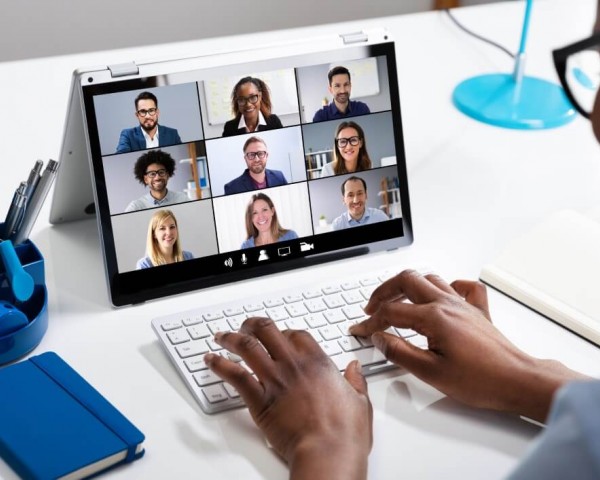The demand for online meetings around the world has increased during the Covid-19 pandemic. However, it is obvious that this method of communication has its limits and cannot completely replace personal meetings.
This was confirmed by a recent survey conducted by the German company Faktenkontor. Over 350 specialists and executives from companies, organizations and PR agencies took part in the survey.
Internet Connection and Technical Issues
Generally, the sharp increase in virtual meetings has caused displeasure among 46 % of the survey participants. 69 % of the respondents view insufficient internet connection as the most annoying factor of online meetings.
Every second person responsible for communication is most likely to get upset when there are some technical issues, for example, because no picture or sound is being transmitted or the microphone is not working.
41 % stressed the fact that meetings were delayed due to technical problems. Almost a third (29 %) of the respondents are annoyed when participants use the “mute/loud” function incorrectly during online conferences.
Lack of Platform Knowledge
Every fourth communication professional is annoyed when participants have their camera switched off or when they say sentences such as “Do you hear me?” or “Sorry, I was kicked out”.
22 % of respondents, on the other hand, are most annoyed by a lack of knowledge of the meeting platform. For example, when users send private chat messages to all participants or when fun filters are used in inappropriate situations.
Approximately one in five participants are annoyed by late arrivals and by the fact that they constantly see themselves during the meetings.
Pets and Children Not an Issue
On the other hand, the survey respondents are not annoyed by the presence of pets, partners or children on the camera during an online meeting. Only 6 % find this annoying.
Embarrassing or unwanted content is also not an issue. Only 5 % of the survey participants are annoyed when others accidentally use screen sharing to, for example, provide insights into family photos or shopping websites.





